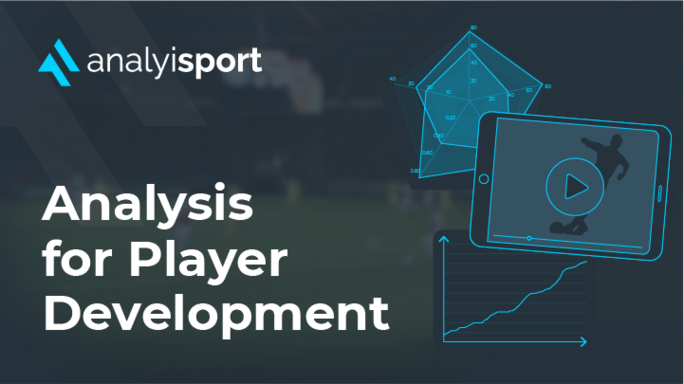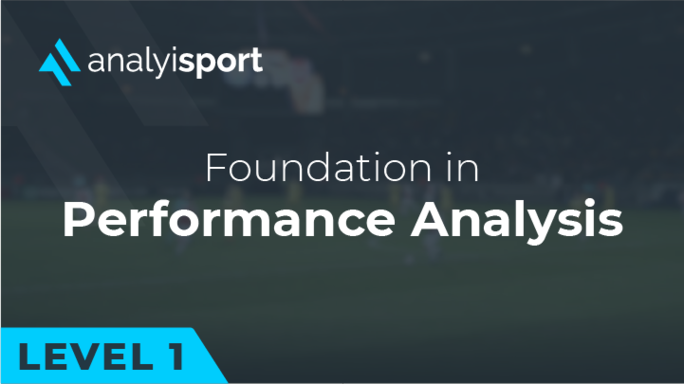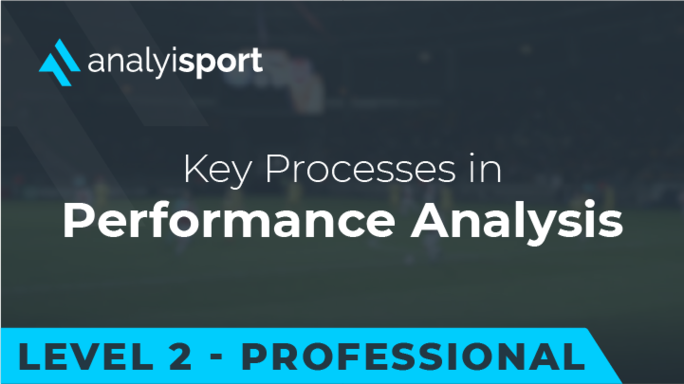How Are Data and Analysis Used in Serie A?
How Are Data and Analysis Used in Serie A?
Italy’s Serie A, one of the most iconic leagues in the world, is currently seen by many in football as a sleeping giant. Gone are the glory days of the 1990s and 2000s when Italian clubs dominated European football and the league was arguably the best in the world. Despite the recent success of the national team and the success of Roma winning the UEFA Europa Conference league in 2021-22 it’s been over a decade since an Italian club won a major European trophy.
Indeed, it can feel at times like Serie A is a competition that has been left behind by the likes of the Premier League and La Liga.
When things seem to be going wrong, fans get frustrated. In 2019, photos emerged of a group of AC Milan players on their phones in the dressing room before a game against Napoli. Fans flocked to social media to criticise the players for their lack of focus and dedication. Why weren’t they concentrating on the upcoming match? The photos appeared to sum up a league in which standards were slipping.
However, things weren’t what they seemed. In response to the negative reaction, the club’s manager Stefano Pioli explained that the players were using their phones to watch videos provided by the club’s analysts. “Each player has videos to memorize to study the characteristics of the opponents who gravitate in their areas of competence,” said Pioli. “In practice, they were doing some sort of homework!”
Data and video analysis have become major parts of the modern game, helping clubs to prepare players for matches, improve performances, and evaluate possible new signings. Those Milan players on their phones are a symbol of how Serie A is modernising in an attempt to re-establish its esteemed position in world football.
Which Data Companies Work in Italian Football?
Each major competition in football has an official data provider and Serie A is no different. In 2021, the league signed a new deal with Stats Perform (the sports data giant which owns Opta). The deal covers match data rights in both Italy and internationally.
This deal makes the league part of Stats Perform’s impressive portfolio of major football competitions. They also collect and distribute data from a range of other domestic leagues including the English Premier League, Spain’s La Liga, and the USA’s MLS. The match data is made available to clubs, broadcasters, and other clients.
StatsBomb is another leading data company with a presence in Serie A. In August 2021, they announced a deal with AS Roma to provide the club with data and software to use for player recruitment, opposition scouting, and performance analysis. The company prides itself on the quality of its unique advanced metrics. These include Pressures by Player and Team, Pass Height, and their own Expected Goals (xG) model.
Having access to such metrics allows StatsBomb’s clients to analyse players in a way that their opponents can’t. Once one club in a league seeks this advantage, other clubs often follow suit. It’s proved the same in Serie A. In December 2021, ACF Fiorentina also agreed a deal with StatsBomb.
Stats Perform and StatsBomb may both have a significant presence in Serie A, but the football analysis company most associated with Italian football is WyScout. The company, founded by Matteo Campondonico in Genoa, Italy back in 2004 has become a global leader in providing video and data analysis. The platform allows clubs who subscribe to the service to search through video footage and detailed statistics for thousands of players across the globe. This helps them to discover potential signings, compare players, and evaluate potential recruits.
How Serie A Clubs Use a Virtual Coach
As well as clubs striking deals with data companies to improve their fortunes, the league itself has also been working to provide clubs with better access to analysis and data. After all, by increasing the standard of analysis available, the league is increasing the standard of the competition, making it a more attractive league for players, fans and broadcasters.
In 2019, the league collaborated with Math&Sport, a start-up at the Polytechnic University of Milan, to launch a new software package called Football Virtual Coach. The software uses artificial intelligence to analyse tracking data and give staff live in-match feedback about tactics and strategy. Every team in the league has access to it and can customise the information they receive.
“Thanks to the Italian skills of the Polytechnic University of Milan, we will be the first football league in the world to provide, to all the 20 teams, valid technical analysis support during the match,” said Luigi De Siervo, Serie A’s CEO. “Artificial Intelligence combined with the genius and skills of our coaches, will allow us to raise the level of the competition, making the Serie A TIM matches increasingly exciting and spectacular.”
The app hasn’t replaced the work done by analysts at Serie A clubs, but it has helped spread the use of analysis throughout the league. It’s a sign that the leadership of Italy’s top division is keen to see high-quality data analysis used by every team competing in the competition. They’ve realised that the better the analysis available to coaches and players, the better the league.
How Roma Are Using AI
Making the most of artificial intelligence and machine learning to support data analysis is one of the biggest challenges in football at the moment. One club that is determined to use the new technology to their advantage are AS Roma.
In 2020, the club announced a new partnership with Acronis, making the data company the club’s Official Artificial Intelligence Partner. The agreement covers a range of areas, from processing football data to cyber security.
“The sport of football is constantly evolving, and we have entered an age where we are more dependent than ever before on data to make game-winning calls,” explained Francesco Calvo, Roma’s chief operating officer at the time the agreement was made.
As part of the deal, the company has been working on creating bespoke software for capturing data from video footage for the club’s academy and women’s team. Such data is routinely collected by data companies at senior level in the men’s game, but is often unavailable at other levels of the sport. Rather than hire a costly team of analysts to review video footage, the aim is to use machine learning to collect player data.
The Future of Data in Serie A
Serie A is continuing to look at using new technology to improve the league and stay at the forefront of football’s AI revolution. During the 2022 World Cup, FIFA successfully showcased its new Semi-Automated Offside Technology, which uses player-tracking data to help referees make more accurate offside decisions. Serie A is set to become the first domestic league in the world to use a version of the technology. It would be another step towards making Serie A a leader in analysis technology. Serie A will be the first league to use SAOT Technology (Semi-Automatic Offside Technology) and the Italy Football Federation announced in December that the system would be introduced from Jan 27.
The Covid pandemic has hit the finances of many Italian teams, but with the help of data analysis, standards are once again improving in Serie A.
Even when budgets are tight, analysis can help clubs make smarter choices and maximise their resources. Improvements are being made. New technology is being rolled out.
Serie A is on the way up.
Image Credit: yan4ik – stock.adobe.com

Related Courses:
Share this article
Our Learning Pathways
AnalyiSport is for everyone who is passionate about analysis in football. Where are you in your development journey?
Become a Football Scout
As more clubs than ever look to build data into their recruitment process, an understanding of recruitment analysis is your ticket to success in the game.
Related Articles
Our team provides news and insights from the cutting edge of football analysis.







